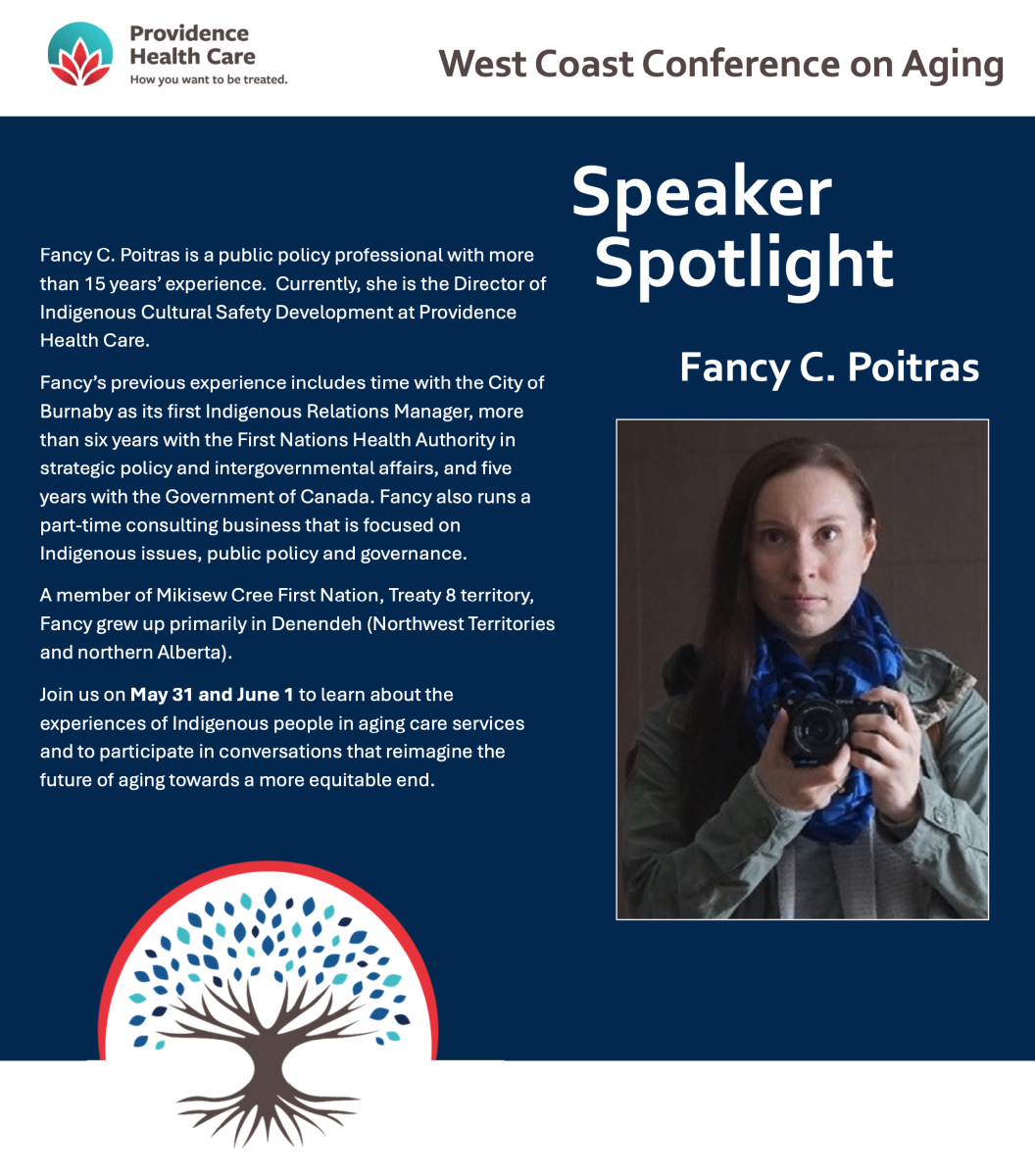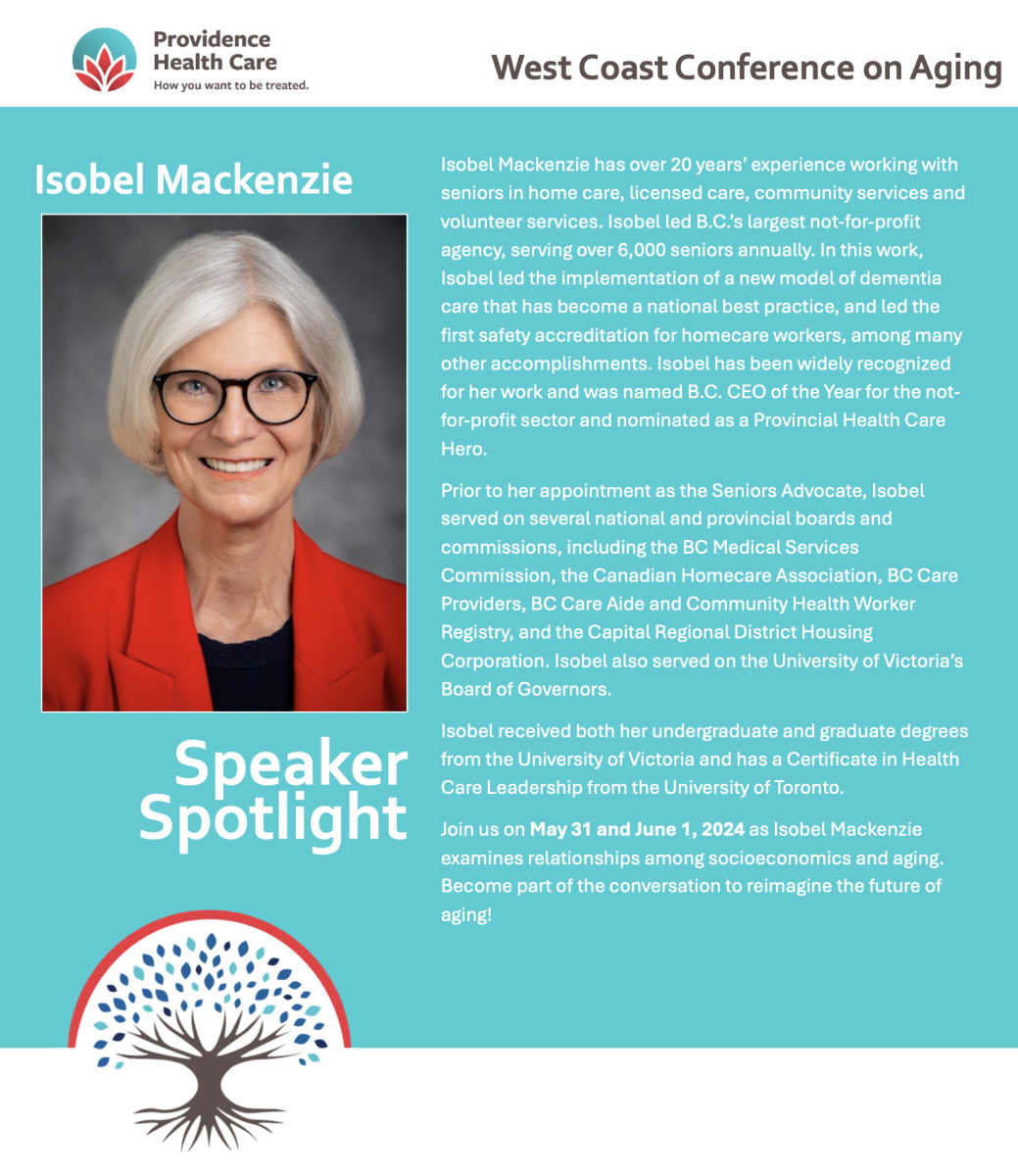Staying Connected Bulletin - May 1
![]()
Steve Larigakis, BSc, MD, FCFP(EM), COE
Co-Chair, Interdivisional Strategic Council, Fraser Region
Clinical Associate Professor, University of British Columbia
Geriatric Services Conference Planning Team Member
A few days ago, MaryLou Harrigan introduced us to our guest speakers virtually in lieu of the in-person Geriatric Services Conference, Creating Synergy. Inspiring Change. Today, Dr. Lillian Hung from the UBC Department of Nursing provides us with two articles, Harnessing Technology to Help Older Adults Cope with Physical Distancing and Using Touchscreen Tablets in Care Settings to Support Social Connections and Reduce Responsive Behaviours among People with Dementia in Care Settings. READ MORE.

Message from Faculty

While physical distancing is necessary to reduce the spread of the COVID-19 virus, loneliness and social isolation can take a real toll on mental health and our well-being. People (both young and older) are social beings, and we need each other for quality of life. All of us (both extroverts or introverts) require some emotional connection with others. For older adults, who are used to socializing with friends at the local coffee shops, the lockdown and disruption of daily routines may make many feel lonely. For those who have their loved ones in long-term care, the visitor restriction can be extremely challenging and stressful. Social distancing is not easy, especially for older people who live alone. READ MORE.

The use of touchscreen tablets, such as the iPad, offers potential to support the person with dementia staying in a care setting, ranging from a long-term care home to an adult day programme. Although electronic devices are used among people with dementia, a comprehensive review of studies focusing on their impact and how they may be used effectively in care settings is lacking. We conducted a scoping review to summarize existing knowledge about the impact of touchscreen tablets in supporting social connections and reducing responsive behaviours of people with demen-tia in care settings. READ MORE.



